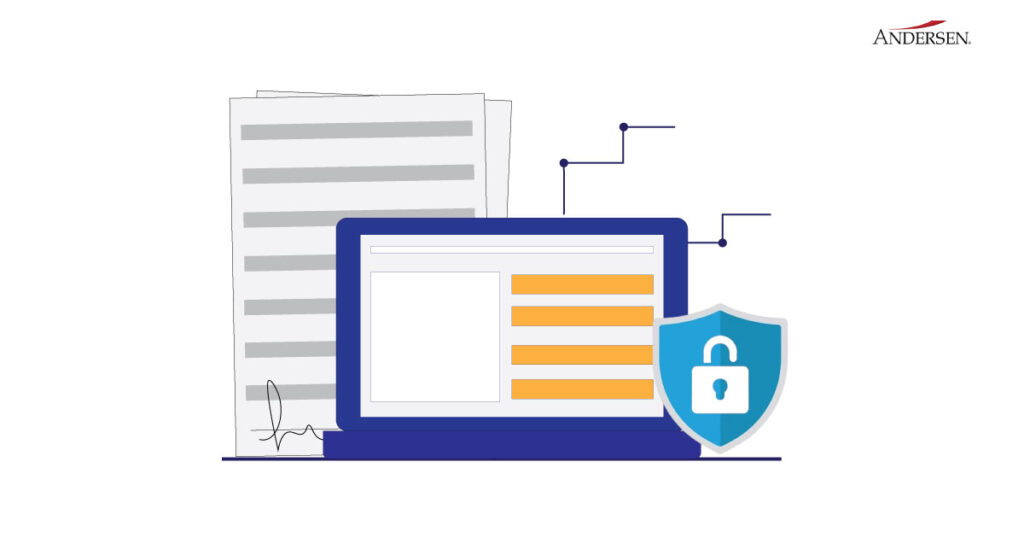Companies and organizations in Georgia must use electronic documents signed with a qualified electronic signature or stamp if they wish to submit electronic documents to administrative bodies. This process ensures secure, efficient, and verifiable communication between public and private entities.
A qualified electronic signature offers several key advantages. It uniquely identifies the signatory, links them to the signature, and guarantees their sole control over the signing keys. It also detects any tampering after the signature is applied and invalidates the document if altered.
The introduction of qualified electronic signatures and stamps aims to enhance document security and trust. These digital tools allow users to sign agreements from any location, saving time, reducing paper use, and lowering administrative costs. The shift to digital documentation also promotes environmental protection and improves service efficiency for both citizens and government institutions.
Electronic documents are almost impossible to forge, providing a strong layer of protection against manipulation or unauthorized access. By adopting these technologies, Georgia strengthens its position as a digital-friendly country and fosters a more transparent and efficient business environment.
Procedure
Citizens and residents of Georgia can activate a qualified electronic signature using their ID or residence card. The process requires a personal identification number (PIN) issued by Public Service Halls or the Public Service Development Agency (SDA). These agencies also issue electronic stamp cards to authorized structural units.
Foreign residents with Georgian residence cards may renew their cards to access electronic signature services if necessary. Once activated, users can securely sign and exchange electronic documents online through trusted digital platforms.
Qualified Trust Service Providers
Qualified Trust Service Providers (QTSPs) create and maintain the digital infrastructure for electronic signatures. They ensure the integrity, authentication, and reliability of each signature and signatory.
In Georgia, individuals or companies may apply to become authorized trust service providers through the Data Exchange Agency under the Ministry of Justice. To qualify, applicants must meet strict technical, financial, and insurance standards, including maintaining civil liability coverage. Authorization is valid for a limited period and is subject to renewal upon meeting continued compliance requirements.
Qualified trust service providers play a key role in building confidence in electronic transactions and supporting Georgia’s growing digital economy.
Professional Assistance
Implementing or operating within Georgia’s digital trust framework requires a clear understanding of the legal and technical standards. Andersen’s team of legal and technology experts can help you navigate compliance, authorization, and operational requirements for qualified electronic signatures and trust services.
Contact Andersen today to ensure your business remains compliant, efficient, and fully equipped for Georgia’s digital future.


Pingback: E-signature Legality in Georgia – Flowmono
Pingback: E-signature Legality in Greece – Flowmono